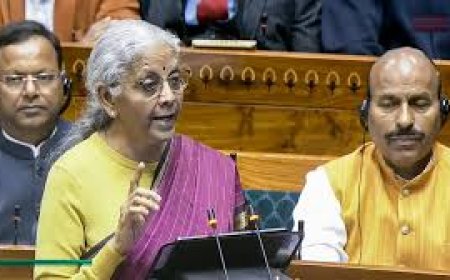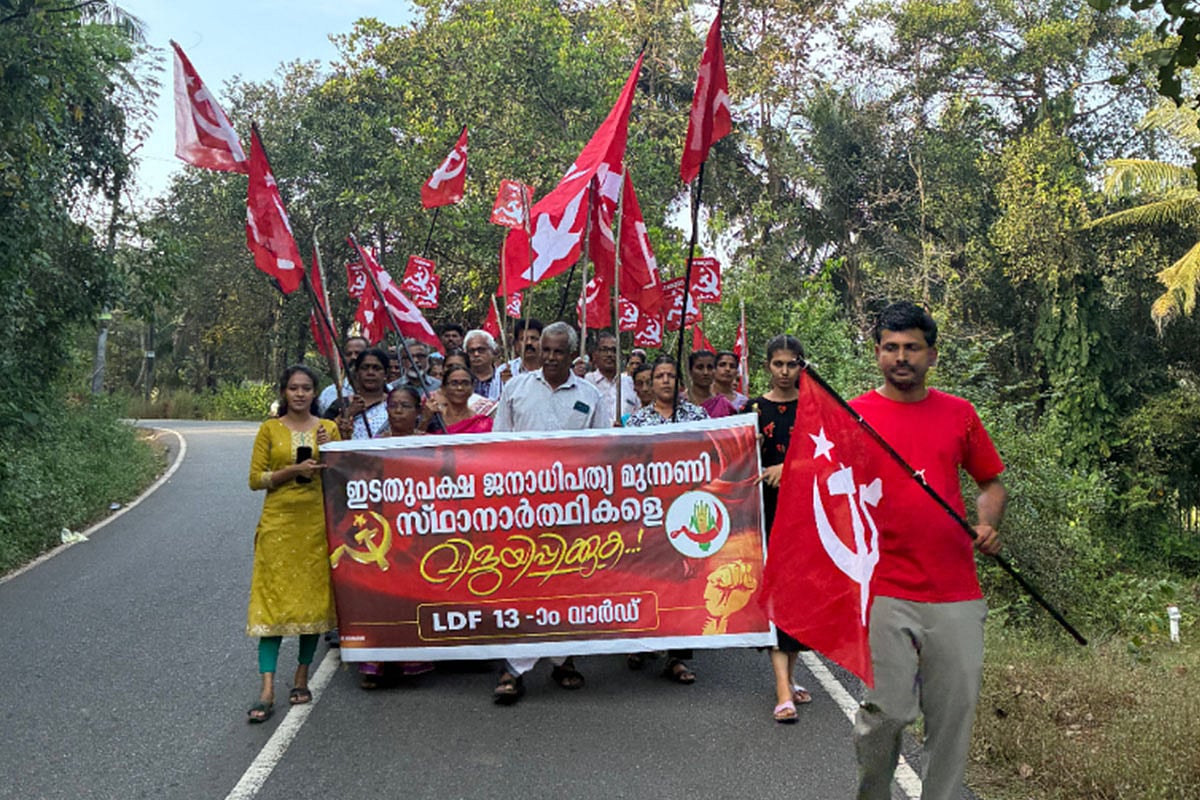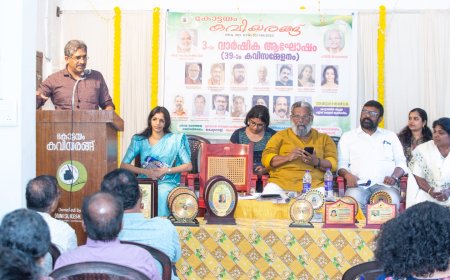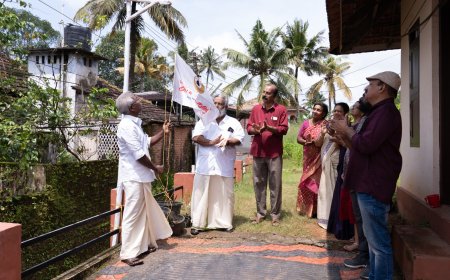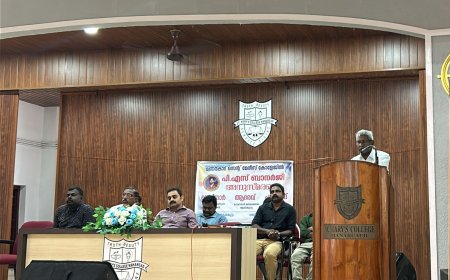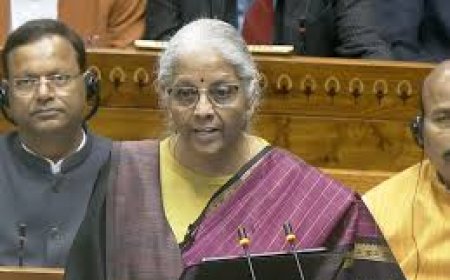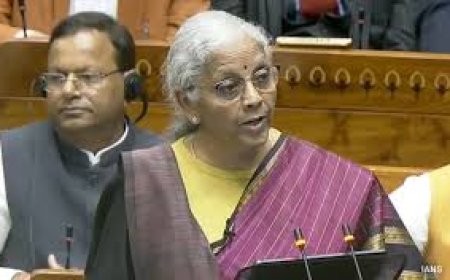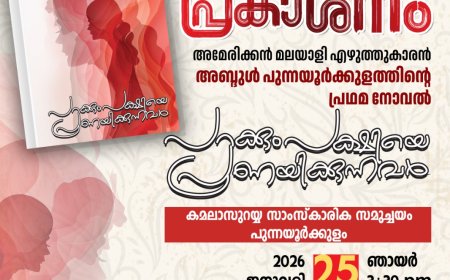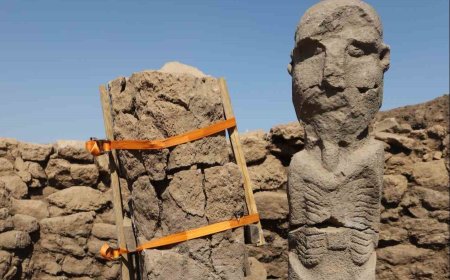3 Afghan cricketers killed in Pak air strike, cricket board withdraws from tri-series
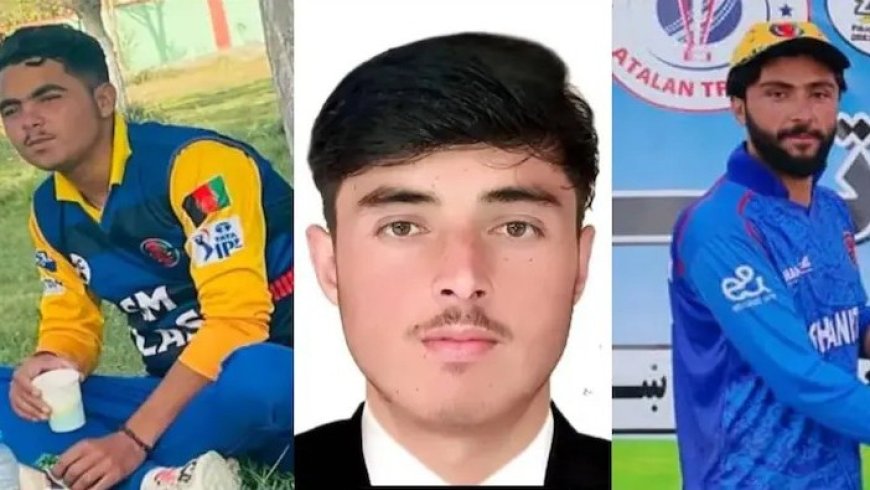
THE Afghanistan Cricket Board (ACB) has announced its decision to withdraw from the upcoming tri-nation T20 series involving Pakistan and Sri Lanka, following the deaths of three Afghan domestic cricketers in airstrikes allegedly carried out by Pakistan's military regime in Paktika province.
In a statement shared on social media, the ACB condemned the incident, describing it as "a cowardly attack carried out by the Pakistani regime."
Afghanistan had been scheduled to participate in the tri-series, also featuring Sri Lanka, in Lahore and Rawalpindi from November 5 to 29.
Afghanistan cricket team captain Rashid Khan issued a strongly worded statement condemning the "barbaric" airstrikes and said he supported Afghanistan's decision to withdraw from the tri-series.
"In this heartbreaking incident, three players (Kabeer, Sibghatullah and Haroon) alongside 5 other fellow countrymen from Urgun District were martyred, and seven others were injured," the ACB said in a statement on Saturday.
Tensions between Pakistan and Afghanistan have been escalating since October 11, when fierce border clashes broke out after Afghan forces reportedly attacked several Pakistani military posts.
The fighting, which has left dozens dead on both sides, led to a short-lived 48-hour ceasefire that was later broken after Pakistan allegedly carried out airstrikes in Afghanistan’s Paktika province, hitting residential areas in Argun and Bermal districts along the Durand Line. The Taliban condemned the strikes as a violation of the truce, while delegations from both countries were in Doha for talks aimed at easing the crisis.
"The players had earlier travelled to Sharana, the capital of Paktika province, to participate in a friendly cricket match. After returning home to Urgun, they were targeted during a gathering. The ACB considers this a great loss for Afghanistan’s sports community, its athletes, and the cricketing family," the ACB statement added.
"The ACB also extends its deepest condolences and solidarity to the bereaved families of the martyrs and to the people of Paktika Province.
"In response of this tragic incident and as a gesture of respect to the victims, the Afghanistan Cricket Board has decided to withdraw from participating in the upcoming Tri-Nation T20I Series involving Pakistan, scheduled to be played in late November."
AIRSTRIKES 'BARBARIC': RASHID KHAN
Rashid Khan, who has been the face of Afghanistan cricket's rise, claimed the lives of children and aspiring cricketers were lost in the air strikes.
"I am deeply saddened by the loss of civilian lives in the recent Pakistani aerial strikes on Afghanistan. A tragedy that claimed the lives of women, children, and aspiring young cricketers who dreamed of representing their nation on the world stage," he said.
Screengrab from X
"It is absolutely immoral and barbaric to target civilian infrastructure.
"These unjust and unlawful actions represent a grave violation of human rights and must not go unnoticed.
"In light of the precious innocent souls lost, I welcome the ACB’s decision of withdrawing from upcoming fixtures against Pakistan. I stand with our people at this difficult time, our national dignity must come before all else."
The tri-series would have marked Afghanistan’s second visit to Pakistan this year, following the Champions Trophy, which was hosted under a hybrid model.
Afghanistan’s withdrawal from the series is seen as a setback for Pakistan’s efforts to revive and sustain international cricket at home. India, Asia’s cricketing powerhouse, have already been boycotting bilateral series with Pakistan, facing them only in multi-nation tournaments since 2012–13.
Earlier in September, India and Pakistan met in the Asia Cup, held just months after the Pahalgam terror attack and subsequent retaliatory strikes on terror camps in Pakistan and Pakistan-occupied Kashmir. Cross-border tensions were reflected on the field, with Indian players refusing post-match handshakes and some Pakistani cricketers allegedly making provocative gestures.
The controversy deepened when Pakistan Cricket Board (PCB) chief and Interior Minister Mohsin Naqvi declined to present the Asia Cup trophy to eventual champions India after the team reportedly refused to accept it from him.



